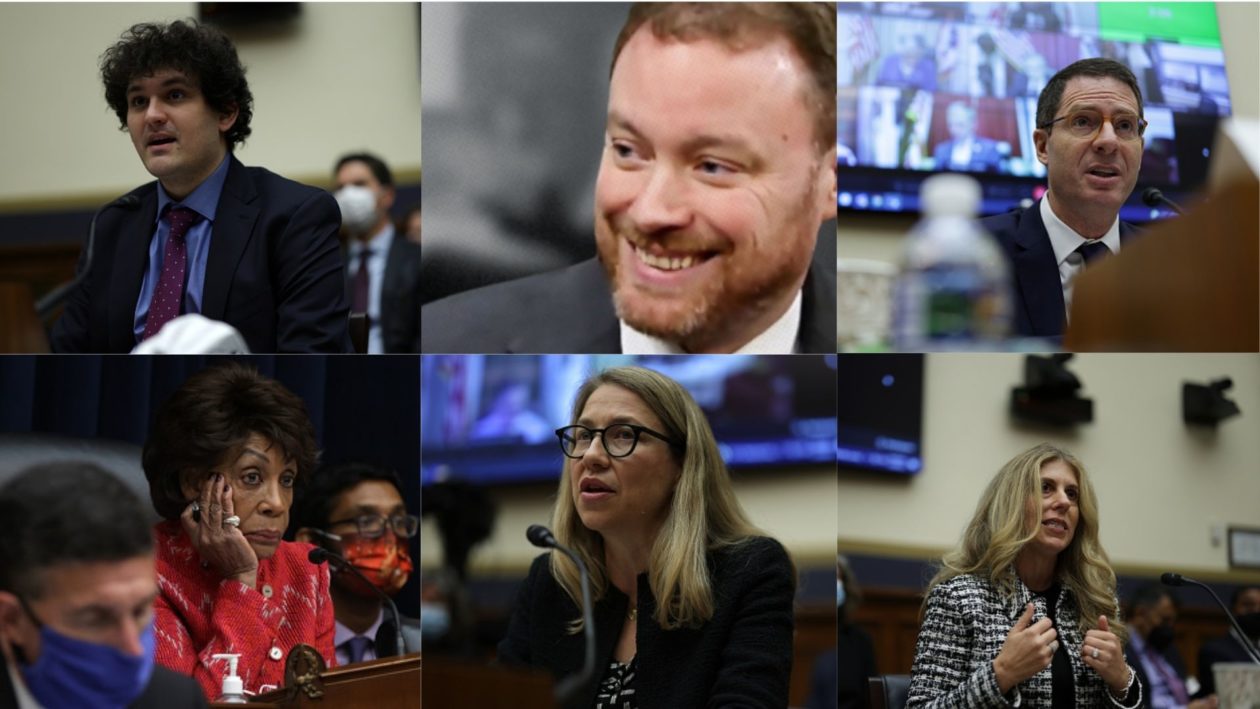The chief business officer of INX Limited, a regulated platform for trading crypto assets, said some of the crypto CEOs who testified Dec. 8 before the House Financial Services Committee led by Representative Maxine Waters should “put on their big boy pants” and cooperate with the U.S. Securities and Exchange Commission.
Fast facts
- INX Limited in September held the first-ever initial public offering of blockchain assets registered under the U.S. Securities Act of 1933. Douglas Borthwick, CBO of INX Limited, said in an interview with Forkast.News that the process took three years because INX and the SEC were working to define terms that have never existed in any prospectus. “What is Ethereum? A smart contract? No one had ever expressed them or defined them in a prospectus before,” he said. INX token is an ERC 1404 smart contract, meaning it is a registered digital security on the Ethereum blockchain.
- The CEOs of several cryptocurrency exchanges testified before the House committee Wednesday including Sam Bankman-Fried of FTX, the third largest cryptocurrency exchange in the world for spot trading and the sixth largest for crypto derivatives; Denelle Dixon of Stellar Development Foundation, which operates a decentralized exchange for crypto; and Alesia Haas of Coinbase Inc., the largest cryptocurrency exchange by volume in the U.S. Brian Brooks, former U.S. acting comptroller of the currency who is now chief executive of blockchain technology company Bitfury Group, also testified. In August he stepped down as CEO of Binance U.S., the U.S. franchise of the world’s largest crypto exchange. He has also worked as chief legal officer of Coinbase.
- Borthwick had little patience for the argument from many in the crypto community that U.S. regulations for cryptocurrencies are ambiguous. “INX saw the rules weren’t there so we went to the regulators,” he said, making a contrast to crypto exchanges that “got their hands caught in a cookie jar” for listing cryptocurrencies, such as the embattled XRP token, that exist in a gray area where the SEC may determine they are securities. “You can’t say you’re the smartest guys in the room but act like you don’t know what you’re doing.”
- The hearing wasn’t entirely bad for the crypto industry, however. Borthwick said, “The reception from the committee members was warmer and certainly more knowledgeable than expected and that was positive for the crypto community.”

